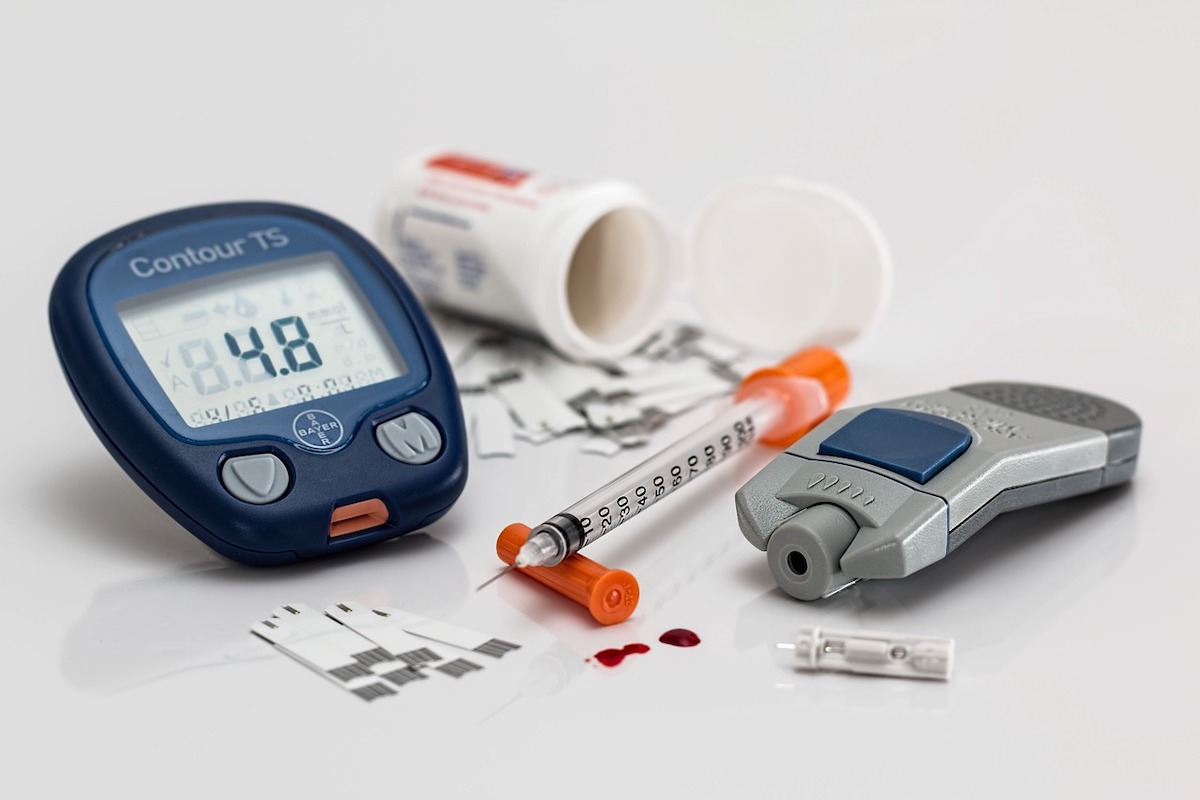Do you need a specialized diabetes insurance plan? Or are you eligible for regular term insurance or any other life insurance policy? The latter is a question that is asked by innumerable patients who have diabetes countrywide.
Based on health studies held earlier, India was found to be amongst the leading three nations in tandem with USA and China, with regard to higher diabetic populations. The number of patients reportedly jumped up to 64.5 million individuals in the last few years, compared to 11.9 million people back in 1980, according to reports.
Coming to life insurance, if you have managed to keep diabetes in check, you may find it easier to obtain coverage at comparatively pocket-friendly rates. At the same time, there are specialized diabetes insurance plans that are tailored to offer term insurance solutions to people with diabetes.
Here’s why you should safeguard yourself with suitable insurance before it’s too late and some other crucial aspects.
Specialized Insurance Plans- Why You Need Them
You will undoubtedly require specialized diabetes insurance plans as early as possible. Here are some reasons why you require the same:
- These plans are specifically tailored for people with diabetes, who find it difficult to get conventional life coverage otherwise, owing to their health conditions
- Sometimes, people with diabetes are eligible for life insurance but must pay astronomical premiums for their chosen coverage
- You already know what term insurance is, which is pure life coverage in return for a premium. Your insurance policy will financially safeguard your family, enabling them to cover monthly costs, meet future goals, and repay debts, in case you are not around in the future.
- You can get tax deductions up to Rs. 1.5 lakh under Section 80C on your premium payments, while the money received by your nominees will be tax-exempted under Section 10 (10D)
- You can gain higher peace of mind while staying away from stress, contributing to your good health and wellness
There are a few specialized diabetes insurance plans that are tailored to ensure suitable coverage for diabetics, even when they cannot get life insurance coverage in a conventional manner. These plans may come with several attractive features, including unique benefits for keeping fit, offered through reductions of premiums at specific intervals.
Other benefits may also include access to consultations, medical education, health management services, and webinars, among additional support and resources.
Now that you know why you should get specialized insurance before it’s too late to secure your family’s future financially, here’s looking at obtaining regular life insurance with diabetes and some key aspects.
Can You Get Regular Life Insurance If You Are Diabetic?
There are various kinds of diabetes, namely Type 1 and Type 2. Anybody who has diabetes may be eligible to get life insurance. However, it becomes convenient if the patient has managed to keep the condition in check for at least 6-12 months before applying for the policy.
Yet, patients who have controlled their diabetes but have extra health-related risks like high blood pressure, obesity, coronary heart disease, or are smokers may not gain approval for life insurance policies, depending on the risk levels in question. In addition, those with progressing diabetes may also find it difficult to get life insurance policies.
Questions Posed by Insurance Levels to Diabetics
There are a few questions that the insurance company may pose to diabetic policy applicants. These include the following:
- Age at which the patient was diagnosed with diabetes. The earlier the diagnosis, the worse your perceived condition and the higher the risk for the insurer.
- The type of diabetes and diagnosis, along with the course of the disease. Those with Type 2 diabetes usually have better chances of getting better life insurance rates than those with Type 1 diabetes.
- A1c levels may also be asked about. Figures lower than 7.5 are considered healthy, while the ideal threshold is 7.
- Normal fasting blood sugar levels may be scrutinized, and this should be ideally at 140. Those with levels up to 180 may be eligible to apply for life insurance. Some insurance companies may also examine the fructosamine levels, which should be anywhere between 1.5 and 2.5.
- Your means of treatment, i.e. your medication, diet, exercise, and so on. You may find getting a policy easier if you control diabetes with your lifestyle and are not dependent upon insulin or medicines.
- The insurance company may also want to know whether your medicines and treatment steps are working in keeping diabetes in check. This can be ascertained through your fasting blood glucose and A1c levels.
- The insurance company may also want to know more about any additional health problems, which may make it tougher to get life insurance. If you do not have complications, you can get life insurance with better rates.
- You will be asked about the frequency of your healthcare check-ups and doctor visits. Going twice a year may prove advantageous for you.
Even if you are approved for life insurance, you may have to pay more in premiums for the same coverage than other policyholders. You may have to fill up a medical questionnaire as a part of the application procedure. If the conventional process seems too hard or complex, you may consider choosing specifically tailored term insurance policies for diabetics.


The article makes a wholly inaccurate statement: People who have controlled their diabetes are at risks for heart failure, kidney failure, obesity, high blood pressure, etc. People who have their diabetes under control, whether thru pills or injections are not at a high risk for those diseases. Obviously, there was no editorial and fact-finding control when writing or before posting this medical blog. This is the real misinformation.